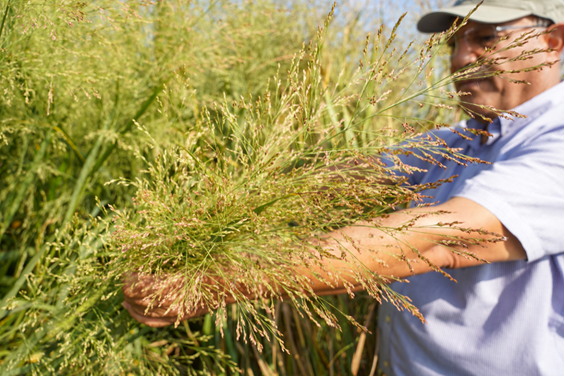January 20, 2026
January 20, 2026. Paulding County has been designated a BioReady Silver Community by Georgia Life Sciences, the state’s leading life sciences membership organization. The BioReady designation recognizes communities that demonstrate strong zoning practices, infrastructure capacity, and readiness to support biotechnology and life sciences development. “We are proud to recognize Paulding County as our newest BioReady Silver community,” said Maria Thacker-Goethe, President and CEO of Georgia Life Sciences. “Paulding County’s proactive planning, growing workforce, and access to regional healthcare and transportation infrastructure position it well to support life sciences manufacturing and commercialization. Through the BioReady program, we champion communities that are intentionally preparing to compete for industry investment and job growth.” Paulding County’s designation reflects its commitment to thoughtful land-use planning, scalable infrastructure, and business-friendly development policies that support life sciences and advanced manufacturing uses. Located in the northwest Atlanta metro region, the county offers access to a strong labor pool, major transportation corridors, and regional healthcare systems, making it an attractive option for biotechnology, medical device, diagnostics, and related life sciences companies seeking room to grow. “Georgia BioReady designation validates Paulding County’s readiness to support bioscience investment and strengthens our position as a growing hub for advanced industries,” said Alex Almodovar, President & CEO, Paulding County Economic Development Inc. & Industrial Building Authority The BioReady rating system evaluates communities across three tiers—Bronze, Silver, and Gold—based on their readiness to attract and support life sciences facilities. Through these ratings, Georgia Life Sciences helps municipalities better showcase biotech-appropriate sites, strengthen infrastructure planning, and clearly identify life sciences-friendly locations. This approach enables communities like Paulding County to compete more effectively for private investment and high-quality job creation. Georgia Life Sciences advances innovation, strengthens the workforce pipeline, and grows Georgia’s life sciences economy through the BioReady Community program, modeled after MassBio’s nationally recognized rating system, which assesses a community’s readiness to host life sciences facilities based on zoning practices and infrastructure capacity. About Georgia Life Sciences Georgia Life Sciences, founded in 1989, is a non-profit, membership-based organization that promotes the interests and growth of the life sciences industry. It is the state’s largest and most influential life sciences advocacy and business leadership organization working to improve access to innovative discoveries that have lifesaving impact. The association connects business, academia, government, and other allied entities involved in the application of life sciences products to fuel growth and collaboration through policy development, community programs, national industry initiatives, and a portfolio of educational and networking events. Learn more at galifesciences.org.





